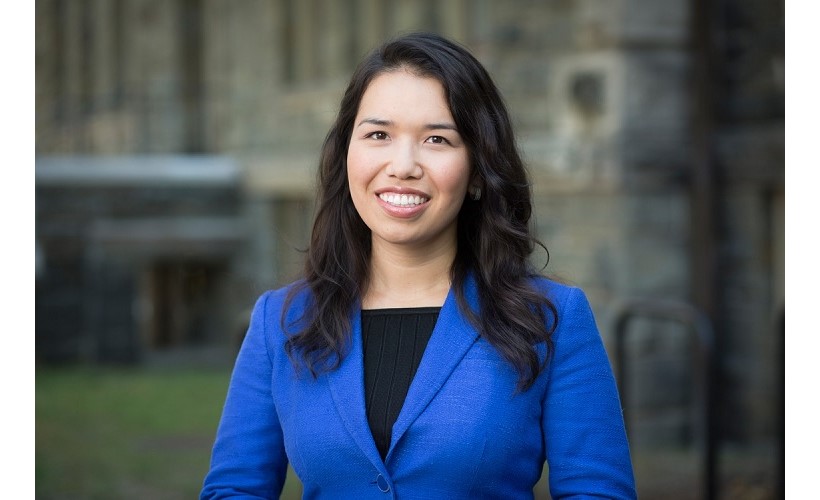Jessica Chen Weiss is Associate Professor of Government at Cornell University and a prolific writer on Chinese nationalism and China’s international relations. Kaiser sat down with her recently to hear her ideas on how we should understand what it is that Beijing ultimately wants, on how to right-size the challenges that China poses to the liberal world order, and about the CCP’s relationship with its own nationalistic populace.
What to listen for on this week’s Sinica Podcast:
10:44: Has China played a role in the global retreat from democracy? Jessica provides some insight: “I think there’s a greater risk of exaggerating China’s role and not recognizing the domestic factors, and other international factors that are leading to democratic backsliding around the world. China has done some things, first, to demonstrate that autocracy can work, sort of leading by example. It’s also made cheap financing available to governments that wouldn’t otherwise have access to it. It has exported some technologies that governments can use to surveil their populations. But I don’t think that it has by and large been the main force driving democratic backsliding and erosion.”
18:00: Kaiser asks whether we should be worried about China. “I think that we should be worried, but we should be worried really for our own sakes about the state of our democracy here at home, the state of the international system, and the state of our alliances,” Jessica replies. “I think that pointing that out is really to say China is not infallible, and the direction that it’s headed here, particularly in Xinjiang as well as the growing repression throughout society, is really troubling. It’s not a good strategy for the Chinese leadership to be pursuing on its own terms, regardless of the growing competition between the United States and China.”
23:58: Jessica has a forthcoming article in International Studies Quarterly in which she suggests support for Beijing domestically is bolstered whenever they talk tough, even if that talk isn’t followed up with action. “What my co-author and I were interested in exploring was the idea of bluster, which is the idea that you can recover some of this public approval by talking tough even if you don’t follow through.”
27:56: Jessica describes the tightrope Beijing must walk when navigating an increasingly hawkish Chinese public (“The younger generation on many questions tends to be more hawkish”), referencing an article she wrote in May of this year: “I think surveys can help establish the baseline public opinion the Chinese government faces as it tries to navigate international disputes…the government has a lot of leeway to maneuver vis-à-vis public opinion. Rhetoric can obviously shape public opinion, and it’s important to document that. But, they still face costs for doing so. And the more hawkish the public is, the more the Chinese government has to dial back that appetite for conflict when trying to finesse a particular diplomatic situation in which maybe the online public is calling for war. There’s not a winning scenario there.”
31:20: On “nationalist activists” and their growing cynicism: “Over time, you could have a more hawkish and more disaffected — as in, unhappy with the Chinese government — population, which would be a real tinderbox, for not just the CCP but for the world.”
Recommendations:
Jessica: Always Be My Maybe, with Ali Wong and Randall Park, and Born a Crime: Stories from a South African Childhood by Trevor Noah.
Kaiser: The award-winning TV series, Breaking Bad.
This podcast was edited and produced by Kaiser Kuo and Jason MacRonald.








